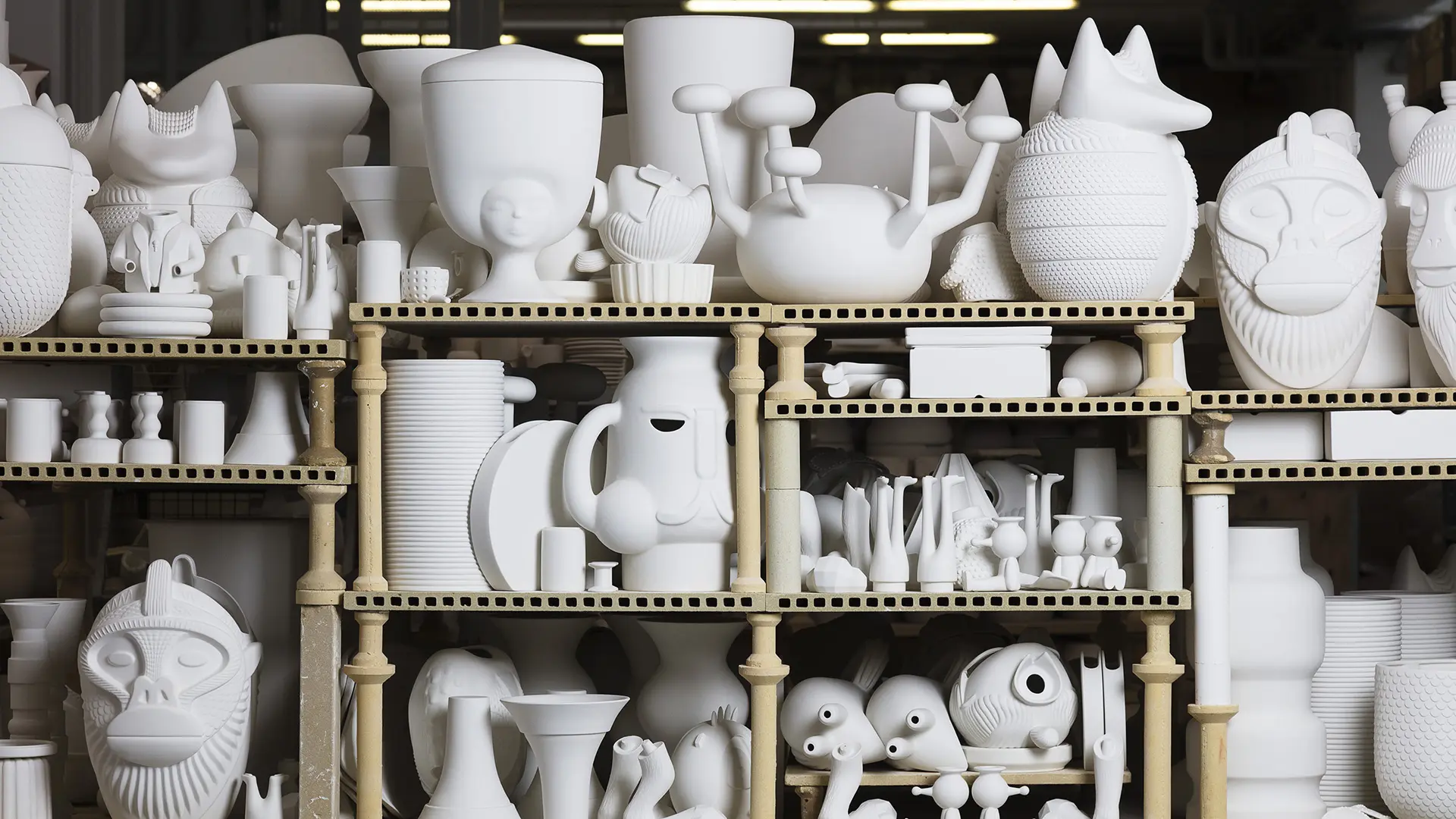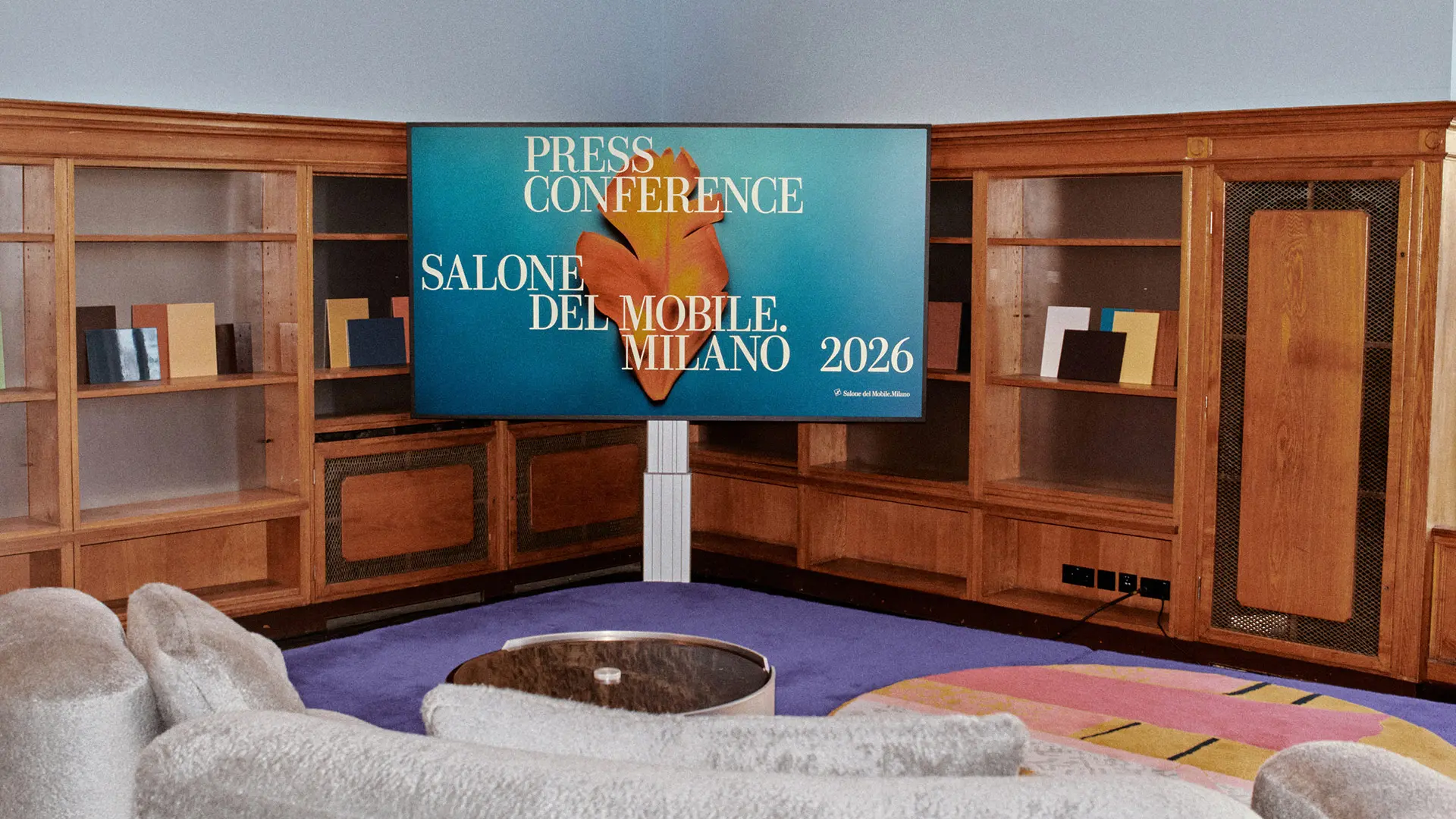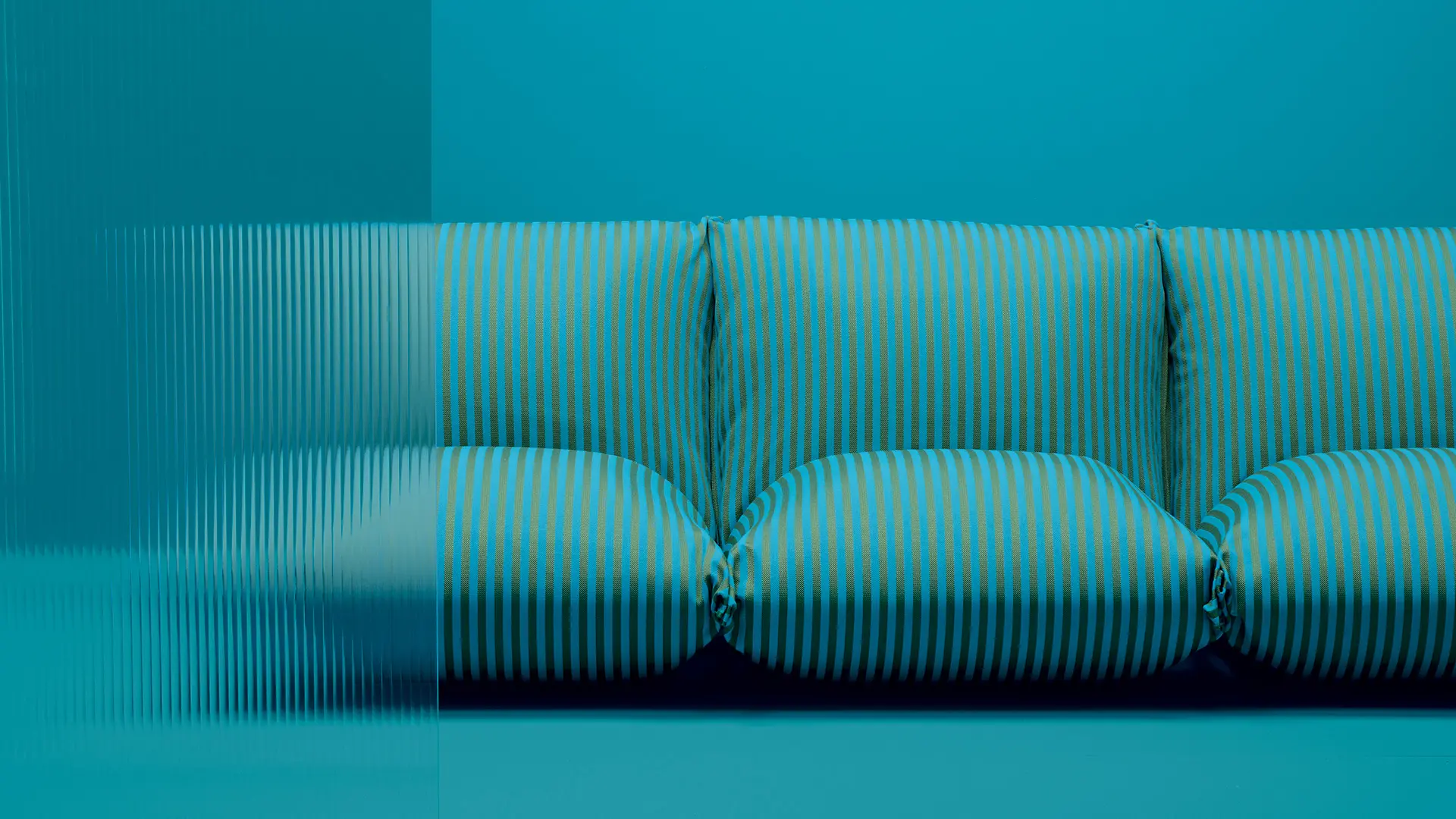50 years of research and innovation at the Veneto-based company that is a leader in its sector. Its incessant experiments combine craftsmanship and contemporary styles. The objective: to intrigue with imagination and color
Paola Antonelli “Opening up, expanding and imagining the future”
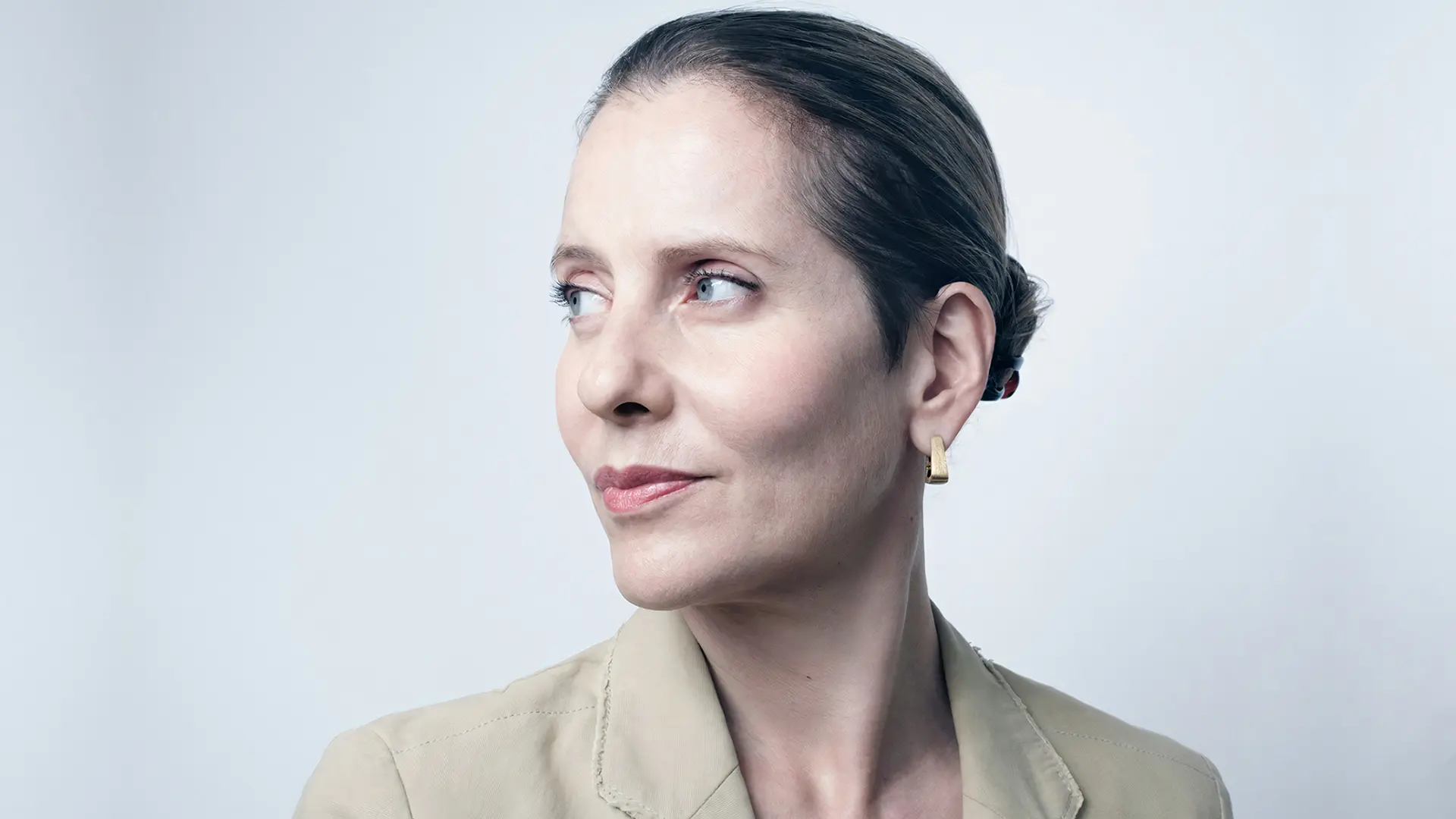
The Salone, design beyond just furniture, new generations, fluidity: Paola Antonelli, Senior Curator of the Department of Architecture and Design, as well as Director of R&D at MoMA.
“What if the pandemic provided the perfect opportunity to see how the Salone del Mobile.Milano views itself and its future? An attempt to become more wide-ranging, more spherical? A way to expand, open up and imagine the road ahead?”
Between an interview and a recording of a podcast, between an email to be completed and a busy schedule of other commitments that dovetail to perfection, Paola Antonelli, Senior Curator of the Department of Architecture and Design and of Research and Development at MoMA, the avant-garde institution where the architect began working in 1994 after answering an ad in the newspaper, ponders these dilemmas in New York.
One of the 100 most important people in the art world according to Art Review and a great utopian - Time included her among the 25 greatest visionaries in Style and Design along with Miuccia Prada, Tom Ford, Norman Foster and Philippe Starck - she has lived and worked in the United States for 30 years, after studying at the Politecnico di Milano.
What has happened this year is a sort of purge. An attempt to refocus all the issues. It has been very difficult, so many institutions have had to reschedule their activities, they have lost money on memberships or tours. Many have had to tighten up and reassess what is really worth doing, with the advantage and/or disadvantage of no longer being together, instead having to shift to digital. The plus is that online, you can reach people on the other side of the world. But there is a downside, especially when it comes to design: you need a more direct and immersive experience, too many online events can leave you distracted and overwhelmed in the end.
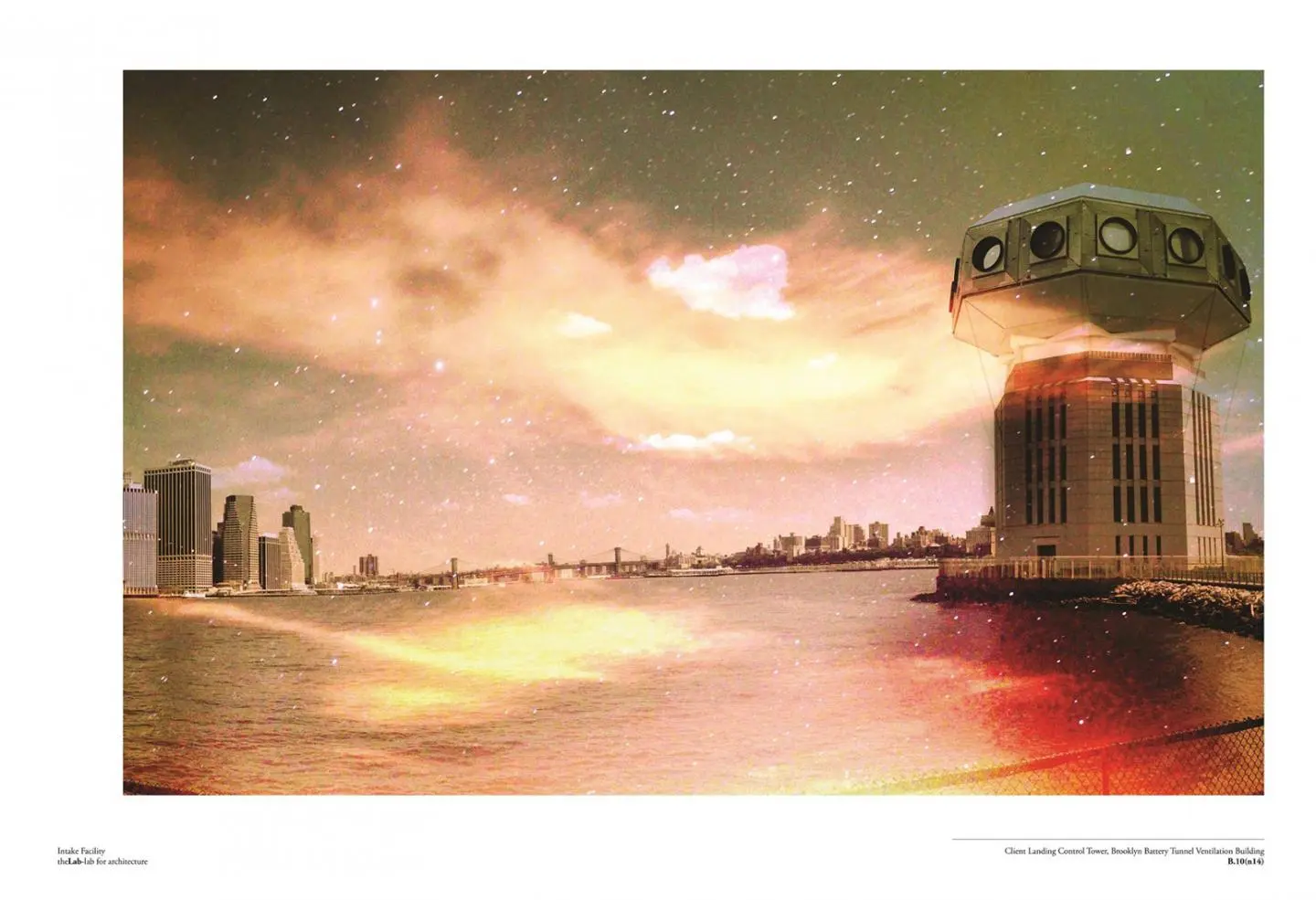
Mustafa Faruki of theLab-lab for architecture. Intake Facility for an Anonymous Client. 2018-ongoing. Courtesy the artist
I think this is a good opportunity for the Salone to understand what its future will be. The design scene goes far beyond furniture; of course it is still one of the most important elements of design, and Italy has a rich history in this regard that should not be overlooked in any way. But it is important for the Salone to open up to other forms of design, to become a design week and not just a Salone del Mobile. This is a very urgent issue, and this crisis could prove to be a great opportunity.
For me, all design is political and social. Of course, I’m talking about visual design, video games and architecture too. I mean all forms of design, graphic interfaces, communications and their political and social implications. In this, the Salone has to keep the city of Milan at the centre of the conversation, something that can get lost when you deal with all these different types of design.

Alex Goad, MARS, 2013. Courtesy Triennale di Milano, Broken Nature. Photo: Gianluca di Ioia
I don't doubt that they are looking forward to reclaiming a territory left vacant, I don't know what it means to have an entire year go to waste because of the pandemic. The important thing is that the organisers, the Municipality of Milan, those who make the Salone happen, consider a future that does not revolve exclusively around furniture.
It has learned how instantly conjure up inventive brilliance and rediscover a lost generosity. Actually, designers are always very generous, and lately even more so. Then we certainly learned that there is no need for platforms of big companies and big studios.
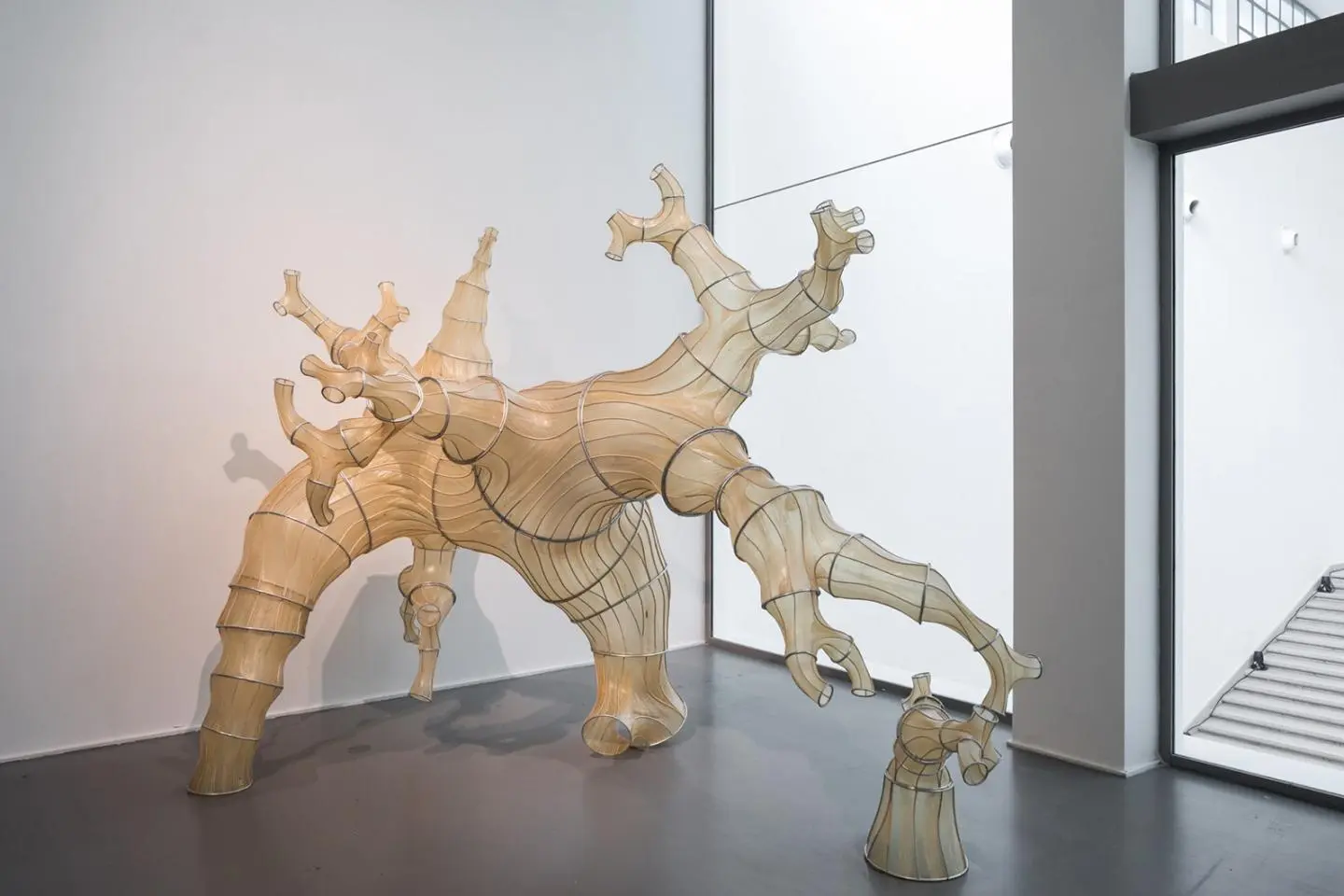
Julia Lohmann, Oki Naganode, 2013. Courtesy Triennale di Milano, Broken Nature. Photo: Gianluca di Ioia
It would be too romantic and simplistic, every time there is a crisis, to say it's a good time to clarify objectives. Yes, it's a good time to take stock, there are so many designers who have work problems and are unable to pay the rent. I don't want to be reductive and pretend it doesn't exist, but there are designers who have reoriented their approach during the pandemic and won't go back 180 degrees from where they were when it started. Many will maintain this new way of producing, I'm thinking, for example, of Belgian fashion designers who set out to make protective gear for nurses and doctors, and who will not lose interest in a different market and landscape.
I think it's a good time for designers; it certainly isn't for the economy and the job market, but from an intellectual point of view and imagining the future, it's a really fertile situation.
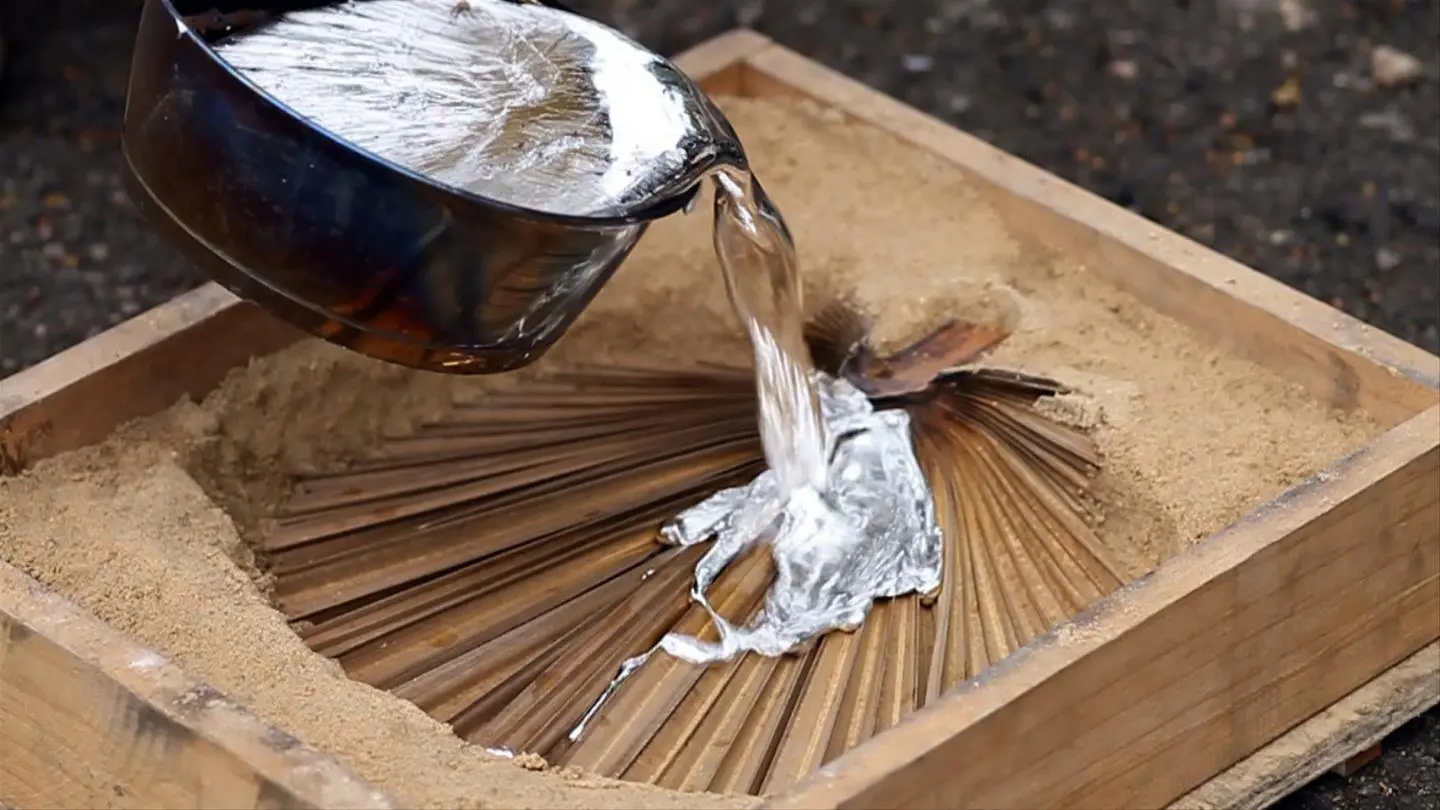
Alexander Groves and Azusa Murakami of Studio Swine, Film still from Can City, 2018. Film by: Juriaan Booij. Courtesy the artists
The change was already underway before, although the virus has given it a shot in the arm. Cooking section, FormaFantasma, David Benjamin, Mass Design Group, to name but a few, and they existed before. The new generations have much more collective spirit and think about improving conditions, not only those of other human beings in society but also of other species.
Yes, but it was a transformation already in motion, and I say that with pride and satisfaction. It would be sad if only a crisis could change the world. To attract shareholders and investors, you can say that a percentage of what you do will be for the benefit of society; there are many ways of modulating capitalism in relation to the welfare state. There are nuances between socialism and crony capitalism. This sense of fluidity between the poles is an issue that I see as more generational, belonging more to the new generations than to the old ones who are ossified and diametrically opposed.
I would like to talk to Beppe Sala about the future of the Salone del Mobile, I would like him to tell us how he sees this week, which is so important for Milan and the world.

Images of Change, Three Gorges Dam, central China, 1993-2016. Courtesy NASA


 Stories
Stories




